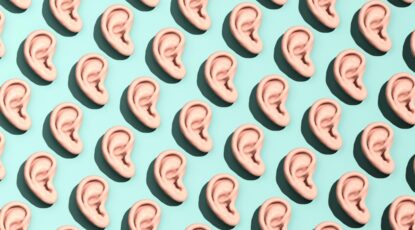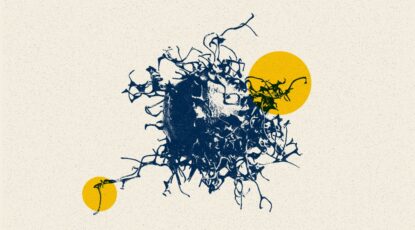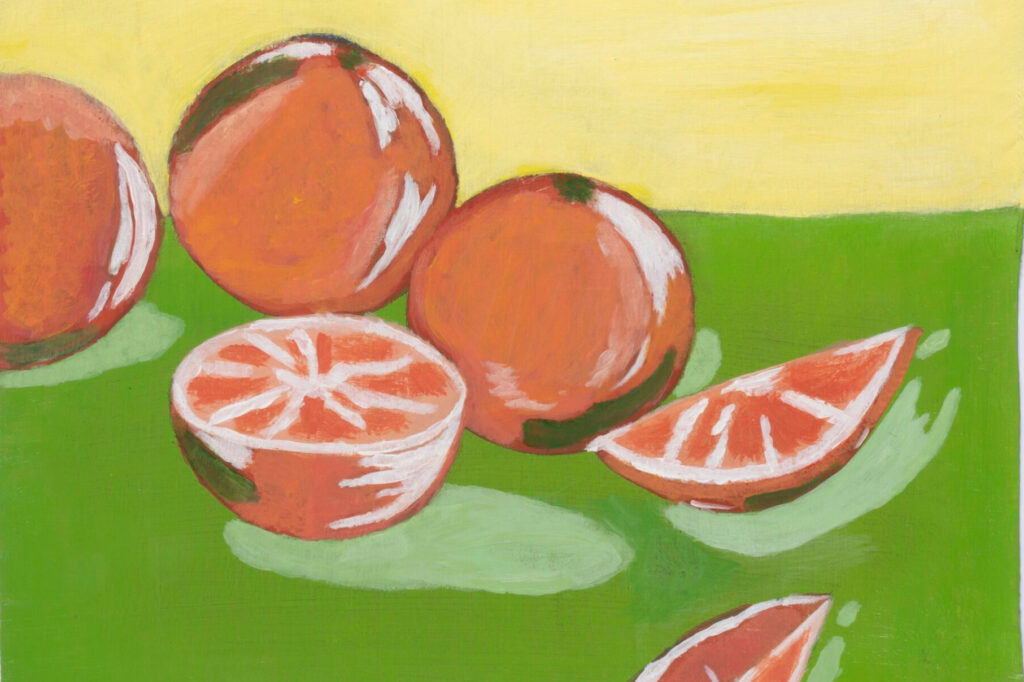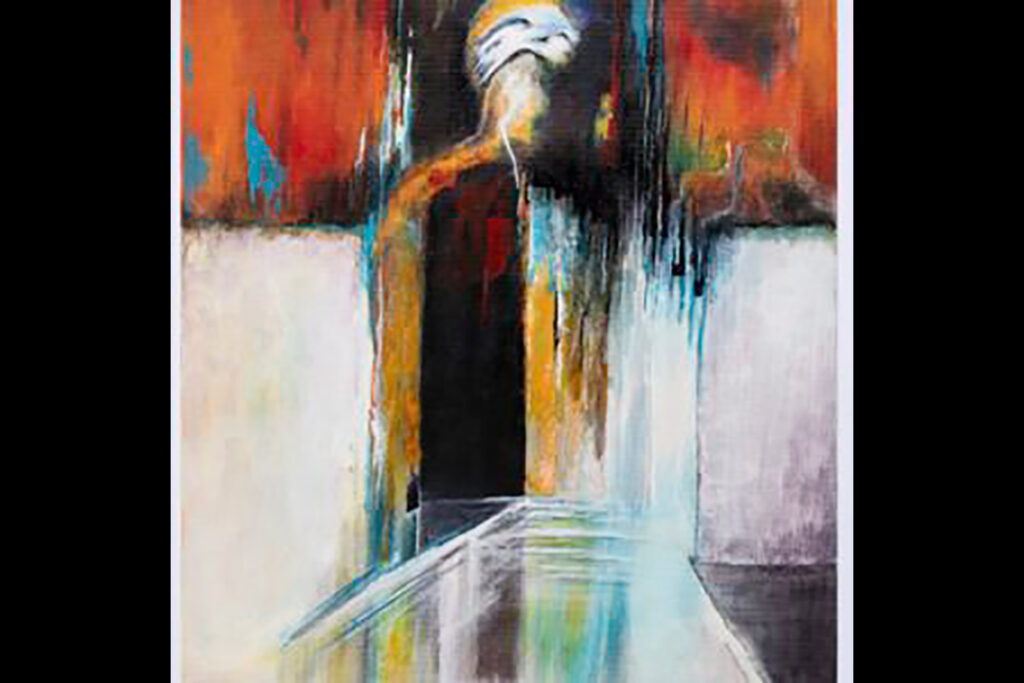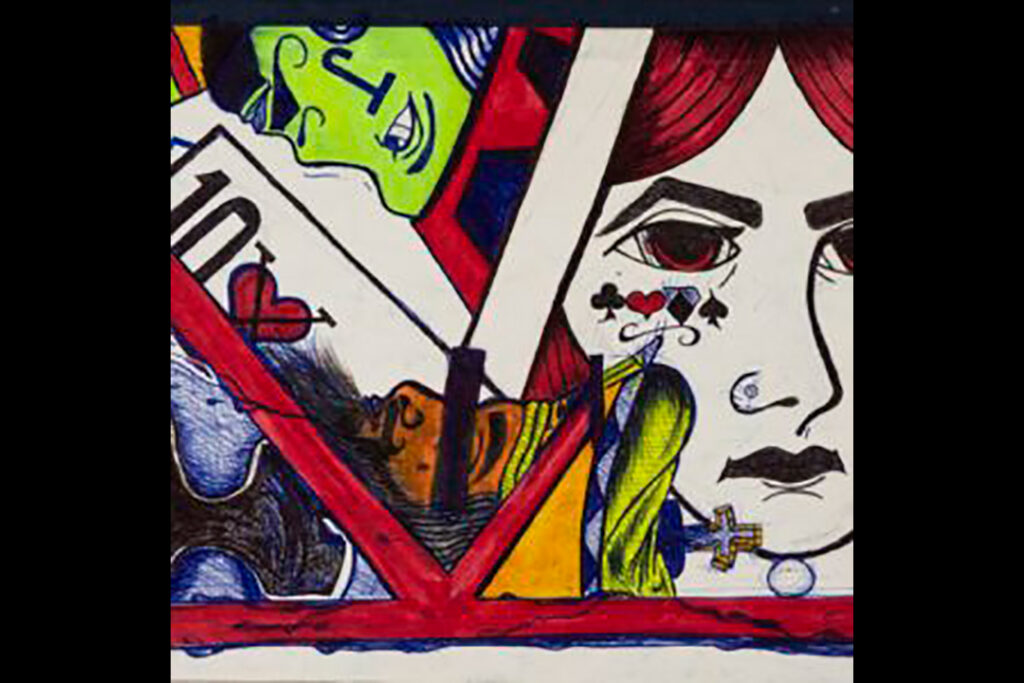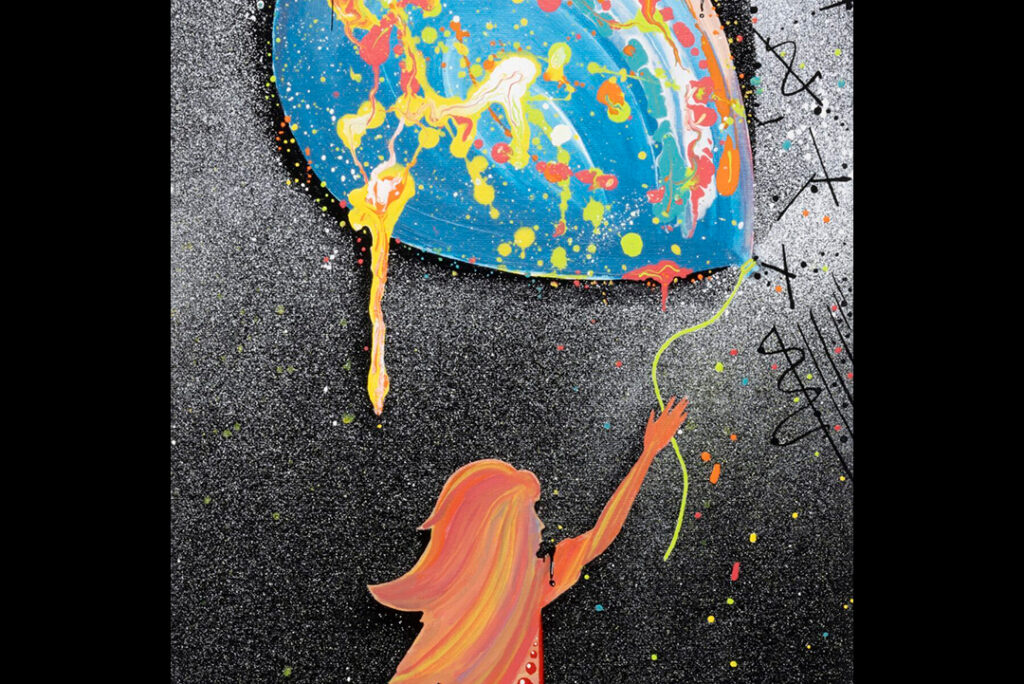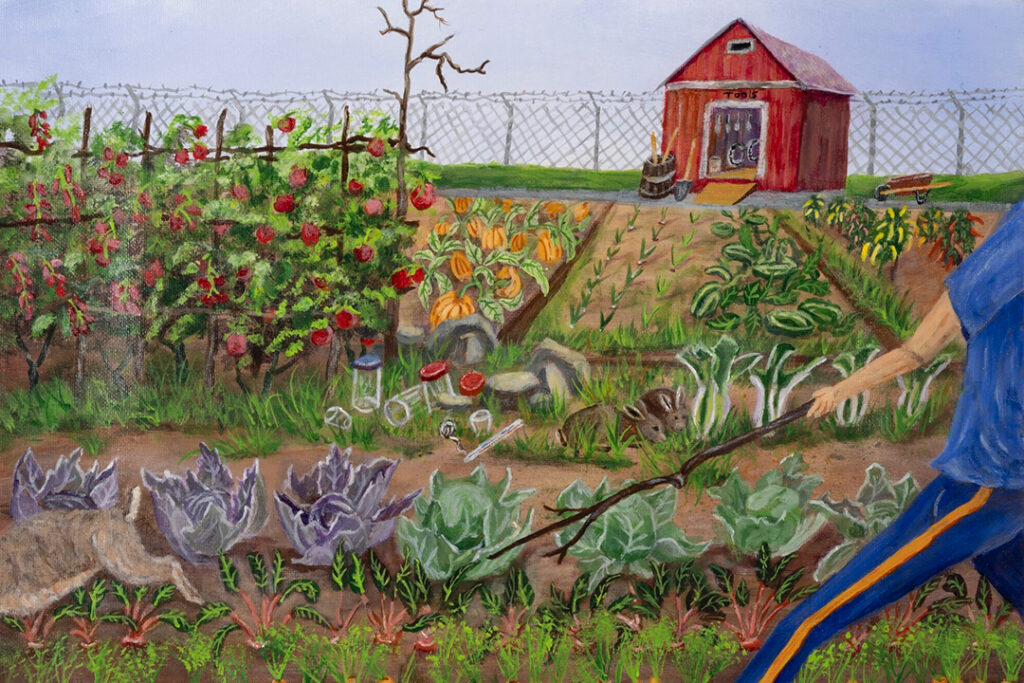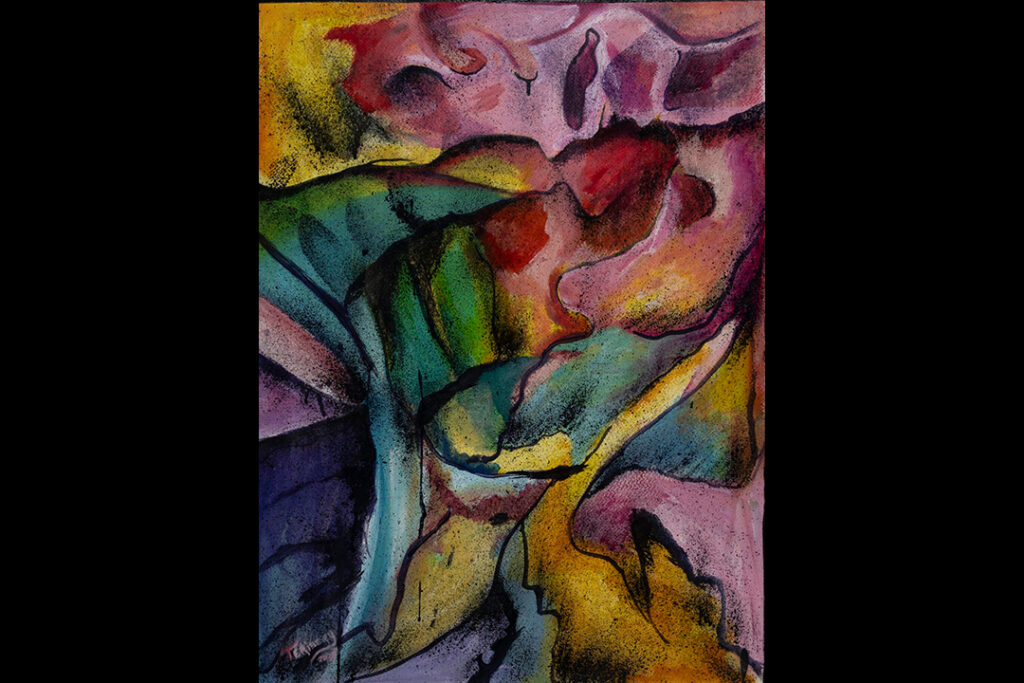Filling a gap: U-M students help combat Michigan’s shortage of rural dentists

Northern Michigan resident Becky Klein was surprised to learn that the dentists at the Thunder Bay Community Health Service clinic were students from the U-M School of Dentistry. They turned out to be just as competent and professional as seasoned practitioners, she said, and excellent communicators.
-
U.S. families experience more chronic food insecurity now than 20 years ago
Researchers find the rate of families reporting chronic food insecurity between 2015-19 more than doubled compared to families surveyed in 1999 to 2003. Bad timing: SNAP and similar benefits may decrease as the federal Public Health Emergency for COVID-19 comes to an end.
-
U-M Health performs its first heart transplant after cardiac death
For decades, surgical teams could only transplant hearts from patients who were irreversibly brain dead yet still had a beating heart. But physicians at U-M’s Frankel Cardiovascular Center have now completed a heart transplant using an organ from a donor who had recently died.
-
Study shows promising treatment for tinnitus
Some 15% of adults in the U.S. have tinnitus, that ringing, buzzing, or hissing sound of silence. U-M researchers at the Kresge Hearing Research Institute suggest relief may be possible.
-
A promising new target for antibiotics
In an effort to prevent another global health crisis, scientists have discovered a promising target for new and improved antibiotics. Riboswitches are small stretches of RNA that regulate a process necessary for the production of proteins by the bacterial cell.
-
Research sheds light on low rates of genetic testing for cancer
Experts recommend germline genetic testing for patients diagnosed with cancer to enable targeted treatment and identify relatives who can benefit from personalized cancer screening and prevention. And yet very few people diagnosed with cancer actually do it.
-
U-M experts: We need to emphasize AI’s societal impacts over tech advances
Artificial intelligence is all over the news lately. And for good or ill, it has implications for us all. Faculty experts who’ve studied AI’s rise across business, society and the culture at large, say we need to be less in awe of the tech and more focused on the risks and benefits.
Columns
-
President's Message
Reaffirming our focus on student access and opportunity
U-M seeks to ensure every student will rise, achieve, and fulfill their dreams. -
Editor's Blog
Peace out
It's a mad, mad, mad, mad world out there. -
Climate Blue
Keeping our focus on climate
As federal support for climate science wanes, Ricky Rood remains hopeful. -
Health Yourself
Are you an ‘ager’ or a ‘youther’?
Why do some people appear younger or older than people born in the same year?
Listen & Subscribe
-
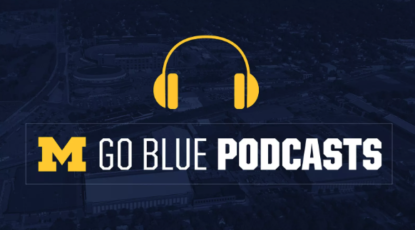
MGo Blue podcasts
Explore the Michigan Athletics series "In the Trenches," "On the Block," and "Conqu'ring Heroes." -
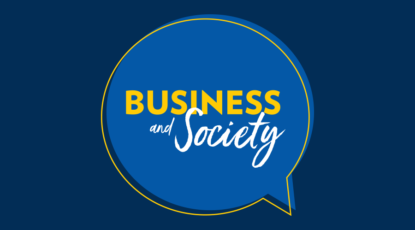
Michigan Ross Podcasts
Check out the series "Business and Society," "Business Beyond Usual," "Working for the Weekend," and "Down to Business." -
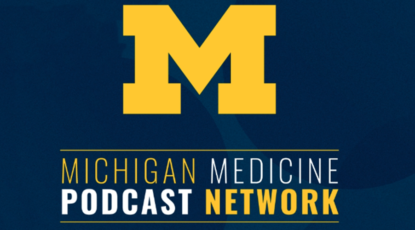
Michigan Medicine Podcasts
Hear audio series, news, and stories about the future of health care.
Creativity and connection across prison walls
One of the world’s largest and longest-running exhibitions of incarcerated artists is back with new programming designed to foster connection and deepen public understanding of incarceration in Michigan. The 29th annual Exhibition of Artists in Michigan Prisons, curated by U-M’s Prison Creative Arts Project, showcases 772 artworks by 538 artists incarcerated in 26 state prisons. The Duderstadt Center Gallery on U-M’s North Campus is presenting the artwork through April 1.



